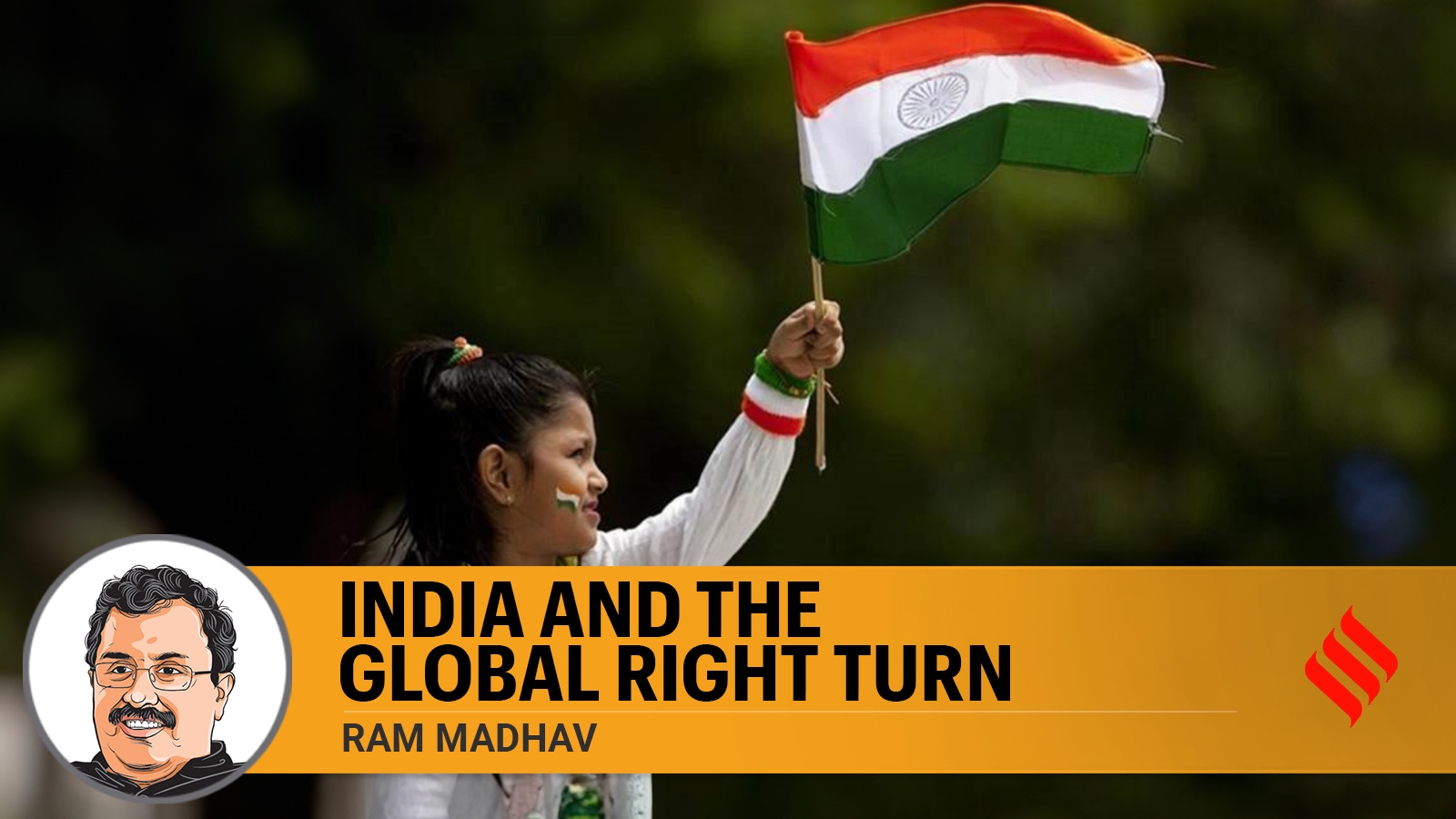Conservative parties are on the rise in Europe. They have captured power in several countries in recent years, including Italy, Finland, Hungary, Croatia and the Czech Republic. They have also registered tremendous growth in others, especially the Netherlands and Germany. In the recently-concluded elections to the European Parliament, the Right has increased its numbers to emerge as a strong group.
In Rishi Sunak’s “sorry” to the British voters after the resounding defeat of the British Conservative Party and Marie Le Pen’s sobs at a Paris press conference after the National Rally party failed to retain its lead in the second round, one shouldn’t see the defeat of conservative politics. The real story behind British election results was not the victory of the Labour Party, which won more than 400 seats with only a modest addition to its vote share, but the loss of the Tories to a party with a stronger conservative agenda — the Freedom Party led by Nigel Farage, which took a 14 per cent vote share.
In France, known for its liberal credentials, Le Pen made a strong statement about the rise of the French Right by winning more than 34 per cent popular vote in the first round, forcing the centrists and the Left parties to come together in the second round to deny her final victory. In the US, where elections are due later this year, given the current state of affairs in the Democratic Party, the Republican supporters are upbeat about President Donald Trump’s prospects.
These results have boosted the confidence of conservative leaders and scholars of the West. Many of them assembled at Washington DC recently under the banner of the National Conservatism Conference (NatCon) to discuss, besides the recent electoral victories, ways to respond to the Left-liberal ecosystem’s aggression. An Indian nationalist delegation, too, was invited.
Liberalism was once a respected ideology that stood up against Christian orthodoxy and religious fundamentalist control of the European political establishment. But, led by sections in France, it went on to reject all other established social institutions and the saner aspects of religion and tradition. It started rejecting national identities and sought to construct modern identities based on principles of internationalism and individual rights.
That was the moment of the birth of conservatism in Europe. Edmund Burke, a British philosopher, was the first to critique the French Revolution in 1789, advocating for gradual reform and the preservation of established institutions.
The conservatism-liberalism dichotomy is essentially European. In India, tradition and reform were never antagonistic. “Hinduism is human thought about God in continuous evolution,” wrote the eminent philosopher Sarvepalli Radhakrishnan. Indian cultural thought absorbed all ideals that were segregated as liberalism and conservatism in Europe.
India is a deeply religious country. A PEW survey found that nearly all Indians — 97 per cent — believe in God and roughly 80 per cent say they are absolutely certain that God exists. Ideals that conservatives hold dear, like god, religion, tradition, family, patriotism and nationalism are dear to a majority of nationalist Indians.
Both the Western conservatives and the Indian nationalists face similar challenges from the contemporary Liberal-Marxist-Islamist axis. The Left liberals have created global networks, captured institutions like media and academia and spawned dubious global NGOs.They use these instruments to attack national identities, destroy family values, and ruin social and cultural fabric.
They promoted unbridled illegal immigration in the name of “multiculturalism”, destroying the demographic and cultural balance in societies. “Demography is destiny,” averred French philosopher Auguste Comte. This hard reality can be realised today in the streets of European cities. The Left-liberals took the human rights discourse to a dangerous level by promoting social promiscuity in the name of wokeism, tearing individuals, families and societies apart. Those who stand up to this mindless menace are subjected to a harsh “cancel culture”.
In India, the nationalist government of Narendra Modi has framed stringent laws to check illegal infiltration. It has tightened the noose around terror outfits and their overground support mechanisms, championed by liberal elites in the name of human rights.
Western conservatives were not that successful. Hence, there is interest in collaboration with Indian nationalists. For the nationalists in the Global South, conservatism comes with the baggage of colonialism and a superiority complex. The trauma of centuries of European colonisation and the harsh treatment meted out to our religions, cultures and traditions is still fresh in our minds.
India is a land of many religions. At the root of Indian cultural thought is the belief that all religions are valid paths to the same eternal truth. We don’t insist that everyone should follow only one “true” religion. We celebrate diversity. We consider religious freedom as the freedom to propagate one’s religious beliefs, but not the freedom to decry or demonise others. Thus, while upholding the individual’s freedom of religion, we hold institutionalised proselytism, especially if it is pursued using force, fraud or allurements, as alien. The Christian Right, an integral part of the Western conservative movement, may have to come to terms with it.
Beyond the conservative ideals, we consider climate change as real and disapprove of its denial. We are also not against human agency, including the choices made by sections like LGBTQ, as long as this does not violate social sensitivities and order.
A global collaboration of Western conservatives and Indian nationalists is possible. It must be based on principles of pluralism, inclusivity and respect for religious diversity — our religions should feel respected, societies should feel secure and governments should feel free to pursue their national agendas.
This was our message to NatCons at Washington DC. The writer, president, India Foundation, is with the RSS



